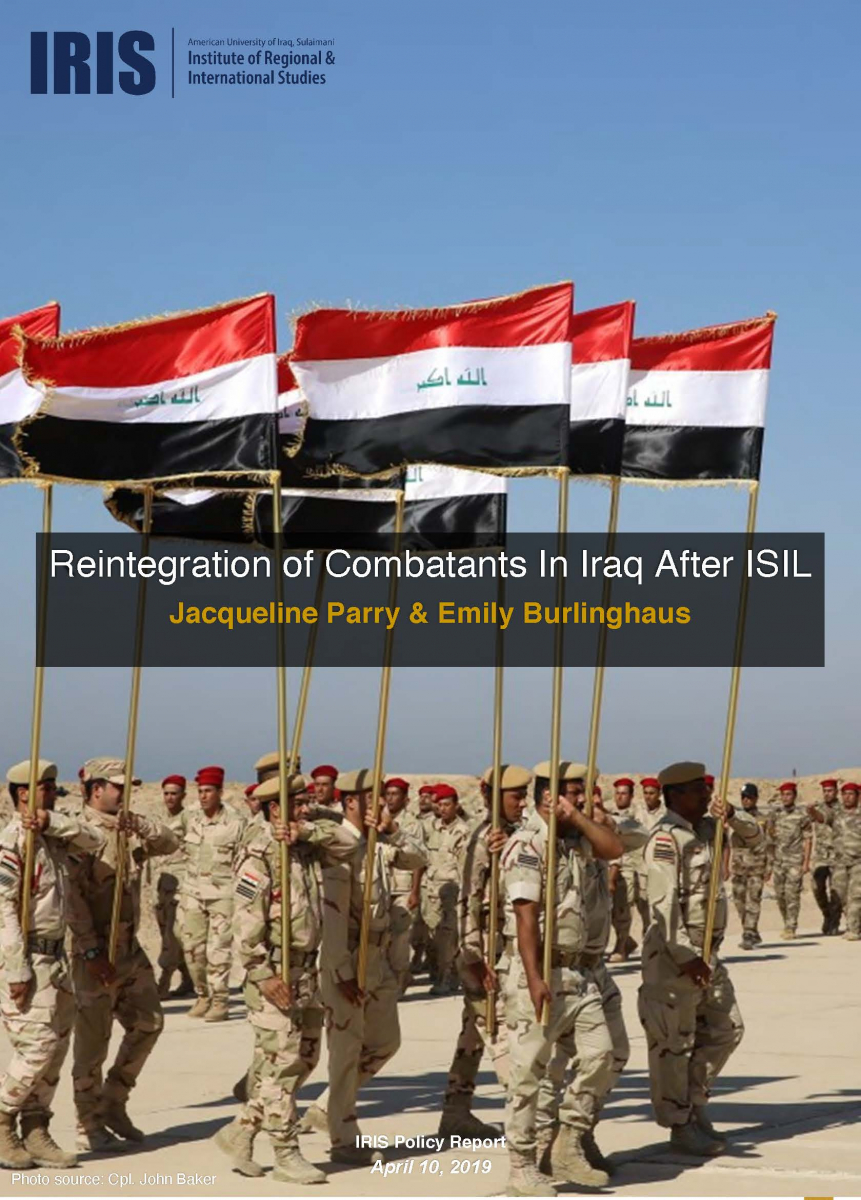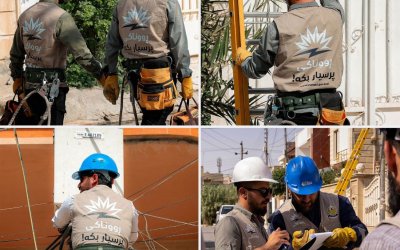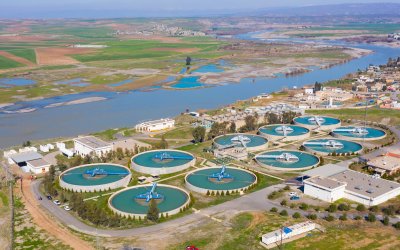The campaign against the Islamic State of Iraq and the Levant (ISIL) culminated on 9 December 2017 when Prime Minister Abadi declared that ISIL no longer controlled territory inside Iraq. After years of fighting, tens of thousands of combatants began to return home, many to communities affected by war and economic crisis. This report examines the unique context facing ex-combatants and communities in Iraq. It focuses on demobilization prospects for the two largest categories of forces mobilized against ISIL: The Popular Mobilization Forces (PMF) and the Kurdish Peshmerga.
Click here or the report cover below for the full brief.
Recommendations (Summary)
Notwithstanding their differences in terms of function, relationship with the state, and profile of combatants, the Peshmerga and PMF share some common concerns regarding DDR. Employment is perhaps the key challenge in implementing DDR. Economic motivations were central in driving mobilization, as conscription promised a salary to recruits who were largely poor. DDR programs should support skills development of ex-combatants as well as diversification of local economies, given that in most areas alternatives to public service are few and most combatants are ill-equipped for private sector jobs. Many ex-combatants considered the type of work unimportant given their pressing need to support their family.
Reintegration Assistance must take a community oriented approach to avoid exacerbating local tensions. The communities to which combatants return are usually poor, lack access to even basic services and are dominated by patronage networks. Many community members expressed concerns that federal support directed to ex-combatants could raise questions of fairness. Supporting ex-combatants in this environment is a complex balancing act. Assistance to ex-combatants should be delivered in a way that positions the wider community as an equal beneficiary. This can be achieved by designing, planning, and implementing DDR within a broad recovery and development framework that addresses the social context into which ex-combatants are reintegrating. Community members should be consulted in the design of a DDR program to ensure that it captures their concerns.
Acknowledgements
The authors Jacqueline Parry and Emily Burlinghaus thank the institutional and individual supporters of this policy report, which is part of a broader research project funded by the Netherlands Research Organisation, and jointly carried out by IRIS, the Global Public Policy institute in Berlin, and the Afghanistan Analysts Network. The authors also thank field researcher Fazel Hawramy as well as SANAD for Peacebuilding for their collaboration on this project.






